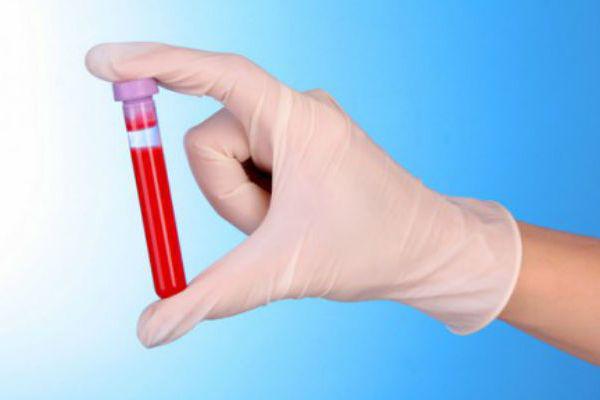
|
![]() DoctorHelps
|
Diagnostic Laboratory & Dermatological Immunology
DoctorHelps
|
Diagnostic Laboratory & Dermatological Immunology
Syphilis testing is important because it is easily spread and can be fatal, but can also be cured. Test for syphilis in order to take first step toward getting fast treatment.
What is Syphilis?
Syphilis is classified as a sexually transmitted disease (STD) because it is most commonly spread through sexual contact. It is a bacterium that can cause serious health problems or even death if left untreated.
It lives in the body and has four (4) stages - primary, secondary, latent, and late. In its final stages, it can be fatal. Since it is a bacterium and not a virus, it can be cured with antibiotics in its early stages. Most doctors recommend penicillin. Other antibiotics can be prescribed for those that are allergic to penicillin. Syphilis testing with a blood sample is the only way to diagnose the infection.
How is it transmitted?
Most commonly, it is transmitted from person to person through sexual contact. People get it by coming in direct contact with a syphilis sore during oral, vaginal, or anal sex. It can also be passed during kissing if contact is made with an open sore. These sores can be located on the penis or in the vagina, mouth, or anus.
Sex is not the only way to contract this disease. A pregnant mother can pass it on to her children during childbirth causing the children to be infected.
It is recommended that all people who are sexually active get syphilis testing annually, and with every new partner. It is also recommended that expectant mothers test for syphilis during their pregnancy.
What are the symptoms of syphilis?
Many times people with syphilis will show symptoms but sometimes they will not. If symptoms are present, they will show up differently depending on the stage of the infection.
1) Primary - This stage occurs about 3 weeks after infection. During this time people may develop a small sore in the area where the bacteria entered the body. It can be located in or on the penis, vagina, anus, or mouth. Most people only get one sore, but it is possible to have several. It is usually painless and goes away in a few weeks. Many times it goes unnoticed.
2) Secondary - A few weeks after the first sore heals, a rash may develop. It starts on the body's core (the area that covers the abdomen, sides, and back) and eventually spreads to the entire body, including the hands and feet. Sores may also develop in the mouth or genital area. The rash is usually not itchy and may be also come with flu like symptoms including fever, a sore throat, muscle aches, and swollen lymph glands. These symptoms may disappear in a few weeks, or they may come and go over the course of a year. Even if they do go away, it is important to test for syphilis.
3) Latent - This is when the syphilis infection is not treated and the above symptoms disappear. The bacteria is still living and thriving in the body at this time and can lie dormant (show no indications) for years.
4) Late - At this time, the bacteria can eat away at a person's brain, organs, nerves, bones, and joints. This stage is when it becomes fatal.
This disease may or may not have indications. Syphilis testing tells a person if they are infected or not.
Who is at risk?
Anyone who is sexually active is at risk for contracting any STD, including syphilis. Practicing abstinence (not having sex at all) is the only way to avoid this risk completely.
An easy way to lower the risk is to properly use condoms during every sexual encounter. However although this can lower the risk, depending on where they are located, syphilis sores may not always be avoided by using a condom.
Research shows that those who engage in unprotected sex, those who have multiple partners, men who have sex with men (MSM), and those who are HIV positive are at an increased risk. Conversely, contracting syphilis also increases the risk of contracting HIV. It is smart to get tested for both.
Why is testing so important?
Syphilis testing is so important because when it is properly treated, it can be cured. If it is not treated, it can kill. Many times people do not know they are infected. Symptoms may not be present, or they may be inadvertently ignored.
It is recommended that everyone who is sexually active get a test for syphilis every year and with every new partner. Knowing your STD status and the STD status of your partner will help to reduce the risk of spreading sexually transmitted diseases.
Where can I get a test?
There are thousands of local STD testing centers all over the U.S. offering STD testing for chlamydia, herpes, gonorrhea, hepatitis A, hepatitis B, hepatitis C, HIV, and syphilis. Syphilis testing can be ordered alone. However, physicians recommend getting a full panel STD test that includes all of them.
Leave a Comment